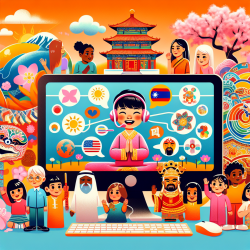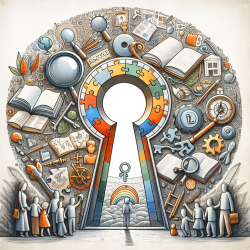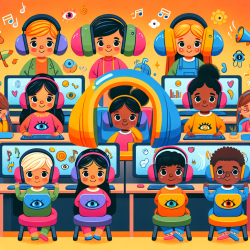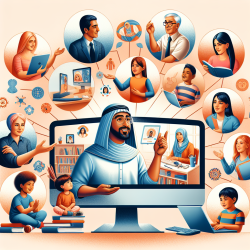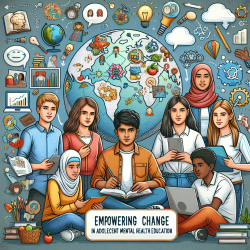Understanding Autism Through a Cultural Lens: Lessons from Taiwan and Thailand
Autism Spectrum Disorder (ASD) is a complex developmental condition that affects communication, behavior, and social interaction. While the prevalence of autism is rising globally, the cultural contexts in which it is identified and managed can significantly influence the outcomes for individuals with ASD. A recent study titled "Autism in Taiwan and Thailand: Influences of Culture" sheds light on how these two Asian countries are addressing the challenges posed by increasing autism diagnoses. This blog aims to provide practitioners with insights into the cultural nuances of autism management in Taiwan and Thailand and encourage further research into culturally responsive practices.
The Cultural Context of Autism in Taiwan and Thailand
The study highlights that both Taiwan and Thailand have universal healthcare systems that facilitate the early assessment and diagnosis of autism. However, the availability of intervention services, particularly speech and language therapy, is limited due to a shortage of trained professionals. This scarcity underscores the importance of online therapy services like those offered by TinyEYE, which can bridge the gap in service provision.
Cultural values rooted in Confucianism and Buddhism play a significant role in shaping attitudes toward autism in these countries. Confucianism emphasizes societal harmony and hierarchical respect, which can lead to stigmatization of individuals who deviate from the norm, such as those with autism. On the other hand, Buddhism promotes compassion and empathy, which can foster supportive environments for individuals with disabilities. Understanding these cultural dynamics is crucial for practitioners aiming to implement effective interventions.
Inclusive Education: Opportunities and Challenges
Both Taiwan and Thailand have national laws that support inclusive education for children with autism. However, the implementation of these laws faces several challenges. Special education and general education teachers often lack specific training in autism, which can hinder the effectiveness of inclusion programs. Moreover, cultural stigmas associated with disability can affect the willingness of parents and educators to fully embrace inclusive practices.
Despite these challenges, there are opportunities for improvement. By incorporating culturally responsive teaching methods and increasing the availability of speech-language pathologists through online platforms, practitioners can enhance the educational experiences of children with autism. Additionally, reframing Confucian and Buddhist principles to emphasize inclusivity and respect for all individuals can help reduce stigma and promote acceptance.
Encouraging Further Research and Practice
The findings from Taiwan and Thailand highlight the need for ongoing research into culturally responsive practices for autism management. Practitioners are encouraged to explore how cultural values influence the experiences of individuals with autism and their families. By doing so, they can develop interventions that are not only effective but also culturally sensitive.
For practitioners interested in delving deeper into the cultural influences on autism, the original research paper provides a comprehensive analysis of the subject. To read the original research paper, please follow this link: Autism in Taiwan and Thailand: Influences of Culture.
Conclusion
Understanding the cultural context of autism is essential for developing effective interventions and creating supportive environments for individuals with ASD. By learning from the experiences of Taiwan and Thailand, practitioners can enhance their skills and contribute to better outcomes for children with autism worldwide. As we continue to explore the intersection of culture and autism, let us strive to create a more inclusive and understanding world for all individuals.
